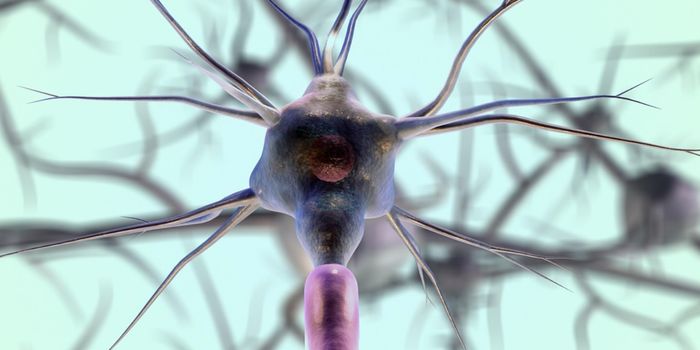Music Helps Babies Learn to Speak
Babies definitely react to music, some even before they are born. Parent/child music classes are popular and almost every parent has used music to soothe a crying baby. New research shows that keeping time with music and your baby can have a significant impact on brain development.

At the University of Washington’s Institute for Learning & Brain Sciences (I-LABS) a new study conducted play times with 9-month-old babies. The sessions were both with and without music and there was a definite positive effect on the abilities of the babies in the music group to process and learn speech and other sounds.
The study was the first to look at babies at such a young age and the fact that the results show an improved ability to recognize patterns in sound and music is a significant advance toward understanding how the brain can use music for more than just enjoyment. Study co-author Patricial Kuhl, who is also co-director of iLABS said in a press release “Infants experience a complex world in which sounds, lights and sensations vary constantly. The baby’s job is to recognize the patterns of activity and predict what’s going to happen next. Pattern perception is an important cognitive skill, and improving that ability early may have long-lasting effects on learning. Schools across our nation are decreasing music experiences for our children, saying they are too expensive. This research reminds us that the effects of engaging in music go beyond music itself. Music experience has the potential to boost broader cognitive skills that enhance children’s abilities to detect, expect and react quickly to patterns in the world, which is highly relevant in today’s complex world.”
When children learn to speak, part of the process is learning to understand the patterns of speech and figuring out which words are emphasized and which syllables are accented within words. This how the sounds of language eventually make sense. Music also has a strong rhythmic component, with definite patterns and the study focused on putting the two kinds of stimuli together to see if there was a benefit.
The study included 39 babies all of whom attended 12 15-minute play sessions in the lab with their parents. The babies were placed in groups of two or three, and the parents guided them through different play activities.
20 of the babies were assigned to the music group, and one of the study investigators led the parents and children in tapping out the beats of the music playing with toys. The researchers chose songs that were in triple meter because this pattern, which is similar to a waltz, is not easy for babies to learn.
The 19 babies in the group without music still had play sessions with their parents and a group leader. These sessions required coordinated movements with toys like blocks, trains and cars but no music accompanied the sessions. The groups were both social, required active involvement and included body movements, the only difference was the musical component.
After all the babies had completed their sessions, they were brought back to the lab for scanning in magnetoencephalography (MEG) scanners which can track the location and timing of brain activity as it happens. The babies listened to music and speech during the scans, but the rhythm of the sounds was disrupted at regular intervals. When this happened, the scanners could detect brain activity that showed the babies were following along with the rhythm, expecting it to continue in a certain pattern and could detect the deviation from the pattern. The auditory cortex and the prefrontal cortex were specifically studied. Babies in the music group showed a larger reaction to the disruption in both areas compared with babies in the control group. The video below talks more about the study and how the team might use the results to improve cognitive development with music.
Sources: University of Washington
Proceedings of the National Academy of Sciences








